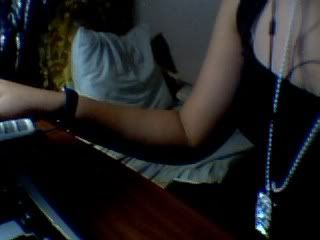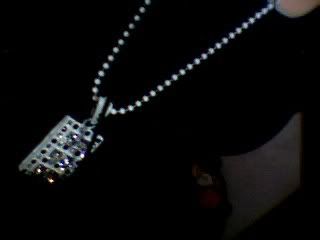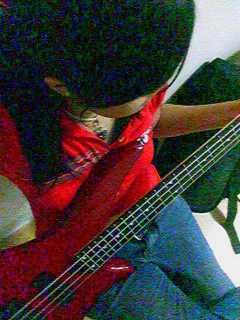Learning from the coverage
While I was brushing my teeth the other night (of all routines), I suddenly remembered the days when I covered certain events - gatherings, affairs, or anything synonymous, and interviewed a number of Prominentes, from a businessman (twice) to government secretaries and undersecretaries (I sometimes think if there’s an under under secretary too) to movie directors to our college dean last semester. Sure, the experiences are cool and thrilling. Makes you feel like a part of the local media already, except that you are reporting not for any news programs but to your professors or to your college publication. Plus, you’re beginning to love your Journalism major, although you know that are more to come: the number of people you’ve interviewed are nothing compared to your future prospects.
While those instances last sem were enough to make me flaunt my Press IDs more, there were also days when I go home from a press coverage feeling such a wuss. Wrong itineraries. Grammatically incorrect questions. Useless materials gathered. So much for enjoying the pleasures of being “in the field,” I’m beginning to realize that you just can’t zoom yourself in a situation hastily, although there should always be a balance between preparedness and unpreparedness.
And thanks to the bits of humor, embarrassments, and pangs of guilt I felt, I suddenly felt writing about my post-coverage reflections before I can swallow fragments of Colgate last night:
-A beauty pageant coverage can provide you the ultimate boredom. That is, if you’re not really into those kinds of affairs, and if you know that the only thing that matters in your report are the three finalists.
-The National Disaster Coordinating Council (NDCC) has its own website, which is easier to access than their office in
-After covering an awards night, the first thing you will tell your roommate when you get home is your conversation with Rafael Rossel.
-But of course, you will not write Rafael Rossel’s words in your report, but Kidlat Tahimik’s.
-If you’re from the print media, try to be the first to interview those you need to interview before bright lights begin spotlighting your subject and a woman with a mic steps in.
-You will never use the maps and prayer bookmarks, like what organizers give to everyone else, for your report.
-You’ll never know if the next person seating beside you is a senior reporter of GMA7 or an attractive photographer of a beverage company.
-Writing a letter of request, particularly an interview request, can be both a habit and a skill. In any rate, however, master the art of making one.
-But some sources do not require a letter of request, because they’re either in front of you or just a call away.
-Prominent people, like businessmen and politicians, are less likely to remember you even if you’ve interviewed them a dozen times already. Anyway, it doesn’t matter.
-Every politician, businessman, and lawyer has their own secretaries that will either attend to you or leave you waiting for five minutes.







No comments:
Post a Comment